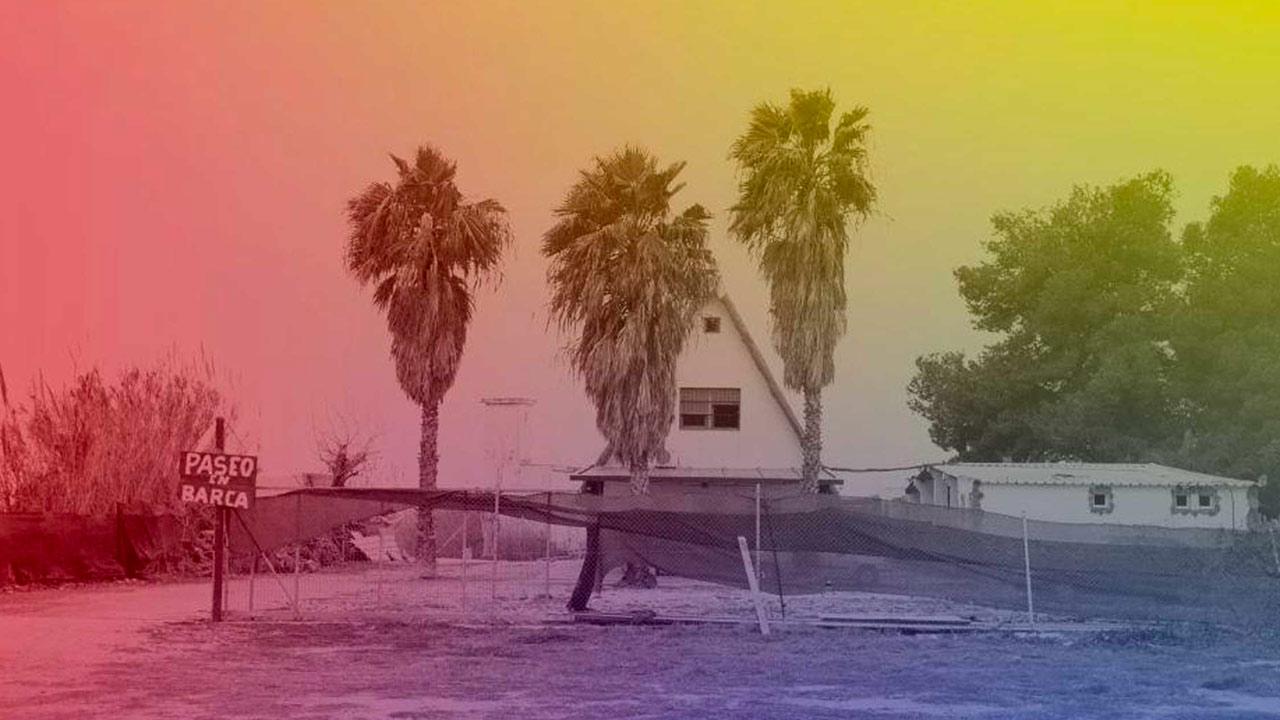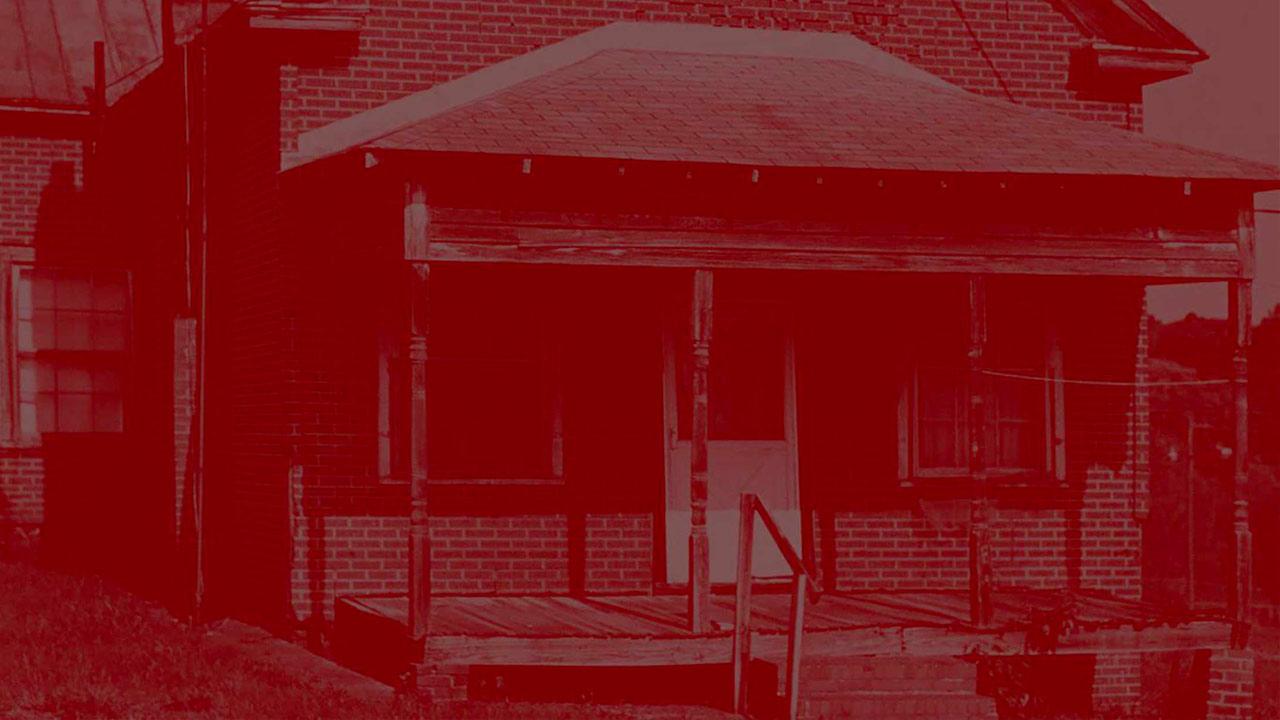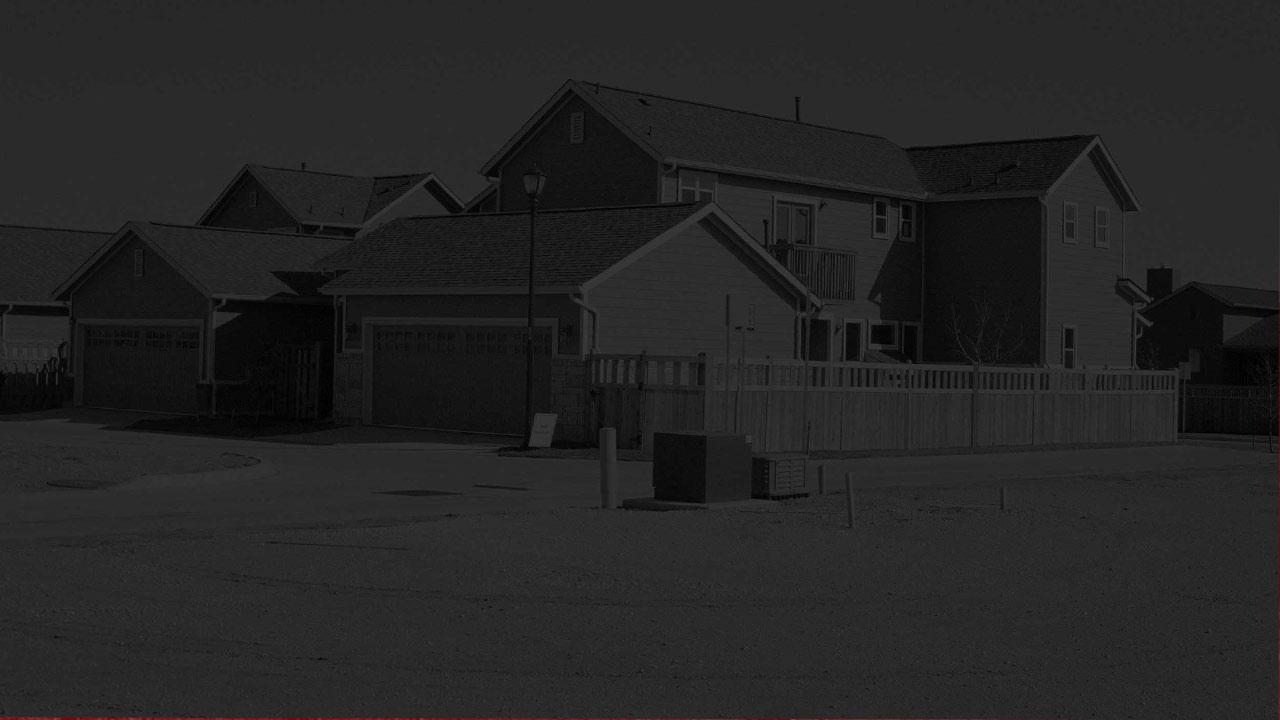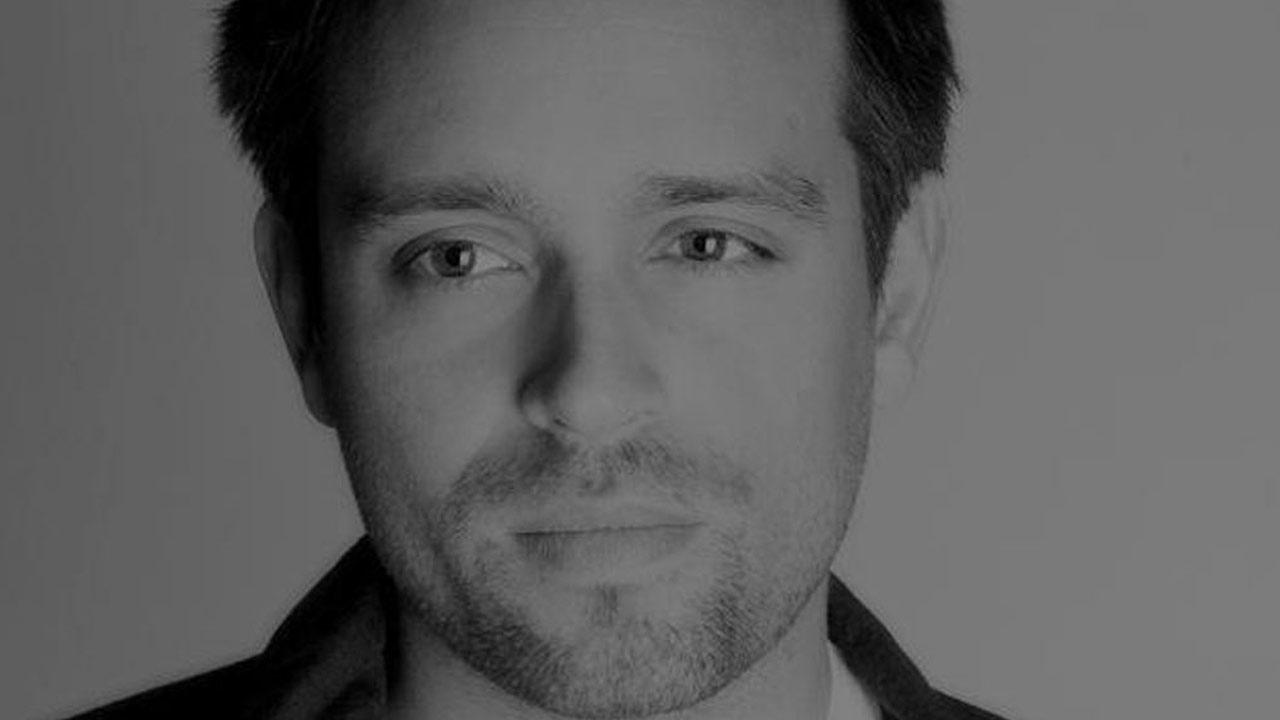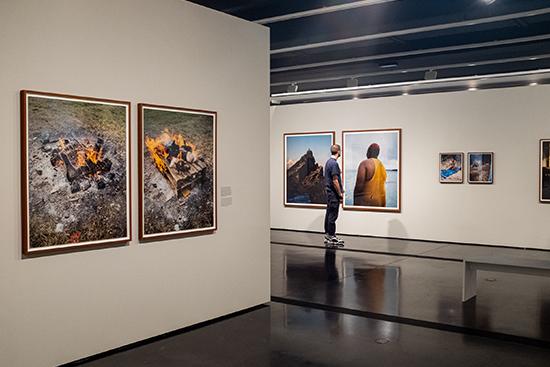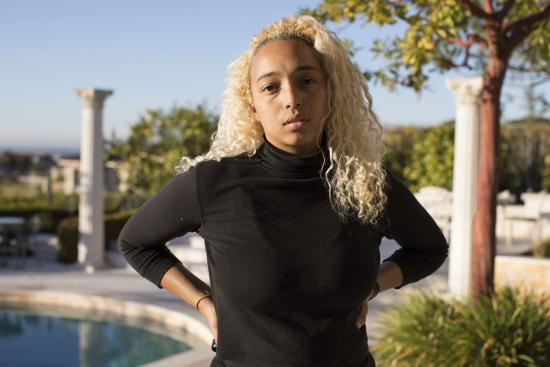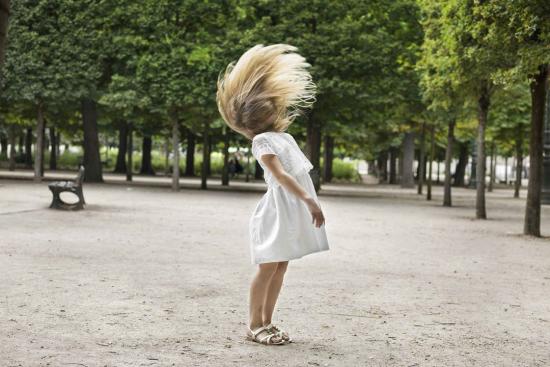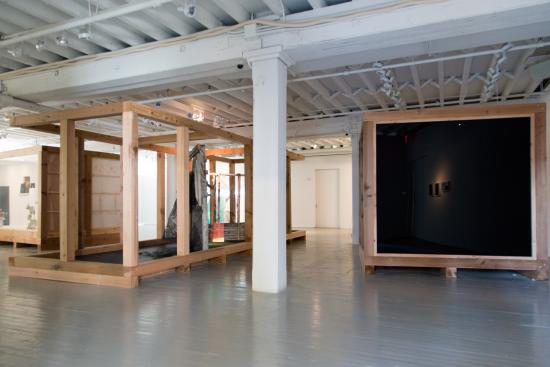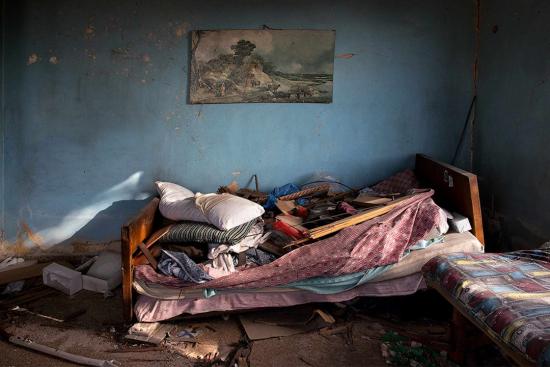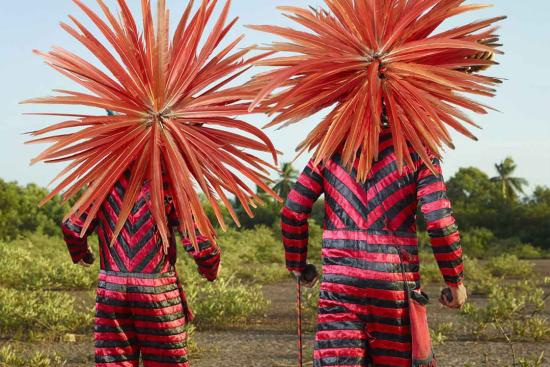Sylvain Couzinet-Jacques constructed his project around the question of how to sidestep the representations most often associated with America. To do so, he acquired a house in Eden, a small town in North Carolina that was chosen as much for its humdrum quality as for its symbolically charged name. Built towards the end of the 19th century, the building that Couzinet-Jacques christened “The Little Red Schoolhouse” was just that: a former local public school. Over the course of several months, he carried out archival research and interviews with local residents, whilst opening up the house to other artists. “The Little Red Schoolhouse” thus became at once the subject of and the backdrop for his work.
At the Aperture Gallery, Couzinet-Jacques presented an exhibition that charts the sublimation of the house into a multifaceted and collaborative artistic project. Its scenography featured a number of modules that were designed in such a way as to allow them to be incorporated into the house’s restoration at a later date. The story of the photographer’s sedentary immersion was notably conveyed through a display that featured a worktable on which documents and photographs of various sizes and formats were brought together. An artist’s book published by Aperture on behalf of the Fondation d’entreprise Hermès further reaffirmed the materiality of the house: the building’s facade was manually scanned and then printed across the thousand pages of the book.
With Immersion, an annual programme of alternating residencies, exhibitions and publications dedicated to photographers, the Fondation d’entreprise Hermès supports contemporary photography by enabling the creation, exhibition and publication of new work. On a yearly alternating basis, Immersion is open either to photographers based in France, who are mentored by a French professional as they create a new photographic work in the United States, or to photographers based in the United States, who are mentored by an Anglophone professional as they create a new photographic work in France. The mentor for this first edition was Agnès Sire, artistic director of the Fondation Henri Cartier-Bresson.
